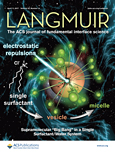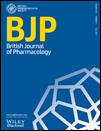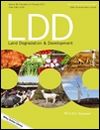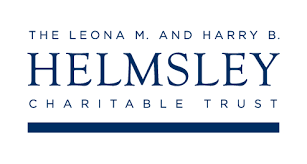
A researcher has threatened to sue publisher Taylor & Francis for mentioning a misconduct investigation into his work in a retraction notice.
According to the notice, the publisher retracted a 2008 paper and a book chapter after learning about a misconduct investigation into the work of Mark Jackson, a department head and endowed chair, respectively, at universities in Kansas.
Unfortunately, we don’t know much about the nature of the misconduct investigation; Jackson told us he initiated the retractions after raising concerns his colleagues had violated intellectual property. He has since told the publisher he would take legal action if it didn’t remove the phrase noting that the retractions stem from a misconduct investigation into his work from the notice.
Here’s the notice, issued by Materials Science and Technology:
 PLOS ONE has retracted the last of five papers by a former employee of Pfizer, who the company
PLOS ONE has retracted the last of five papers by a former employee of Pfizer, who the company  Despite a university’s attempts to avoid discussing a misconduct investigation involving one of its former (and prominent) researchers, we keep reading more about it.
Despite a university’s attempts to avoid discussing a misconduct investigation involving one of its former (and prominent) researchers, we keep reading more about it. A pharmacology journal has
A pharmacology journal has  A new report from the U.S. National Academy of Sciences panel urges the creation of a new, independent group to help tackle research misconduct and other practices that hurt the enterprise.
A new report from the U.S. National Academy of Sciences panel urges the creation of a new, independent group to help tackle research misconduct and other practices that hurt the enterprise.
 Another editor has resigned from an earth science journal following allegations over citation irregularities, which also took down its editor-in-chief.
Another editor has resigned from an earth science journal following allegations over citation irregularities, which also took down its editor-in-chief. We’re very pleased to announce an 18-month
We’re very pleased to announce an 18-month 